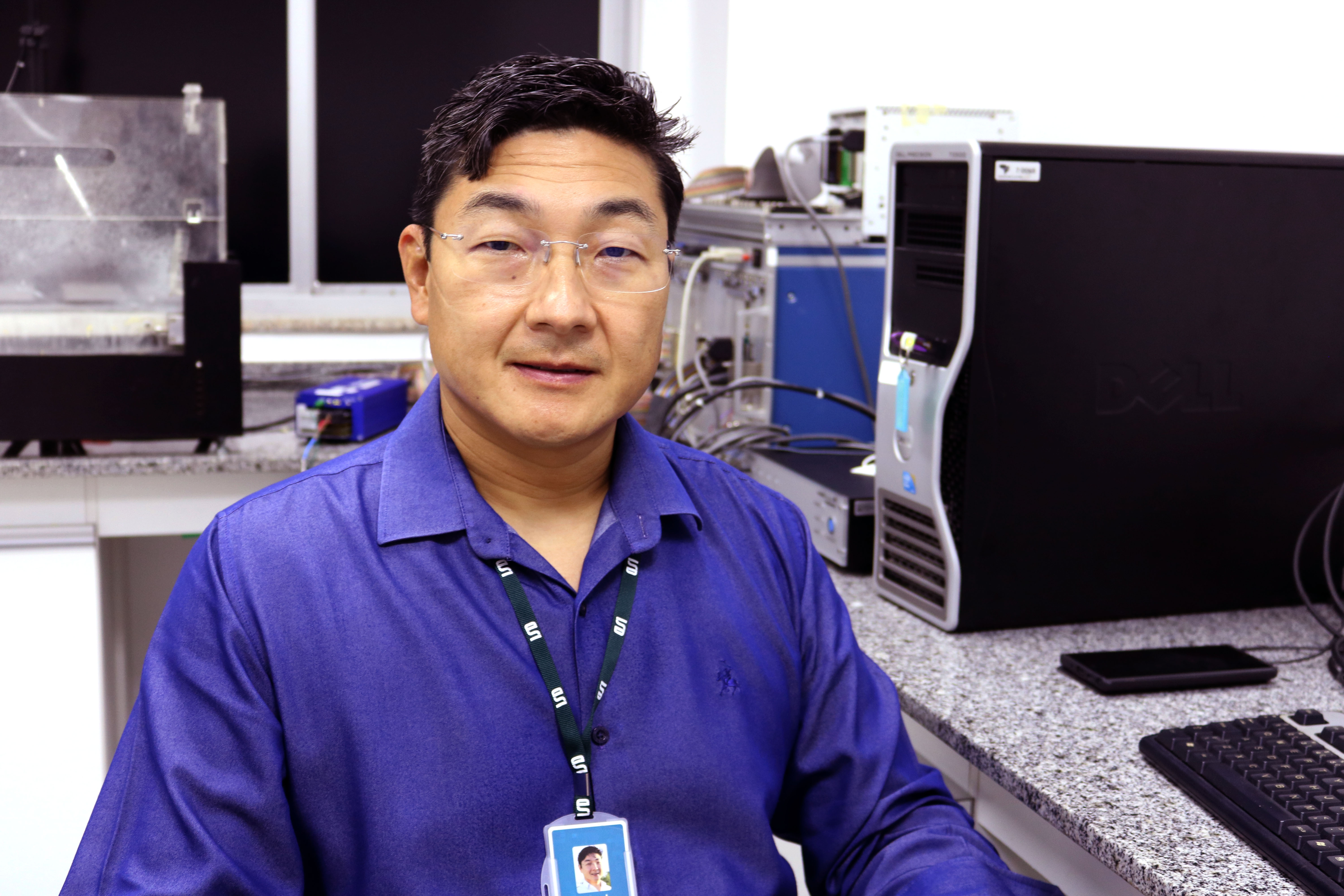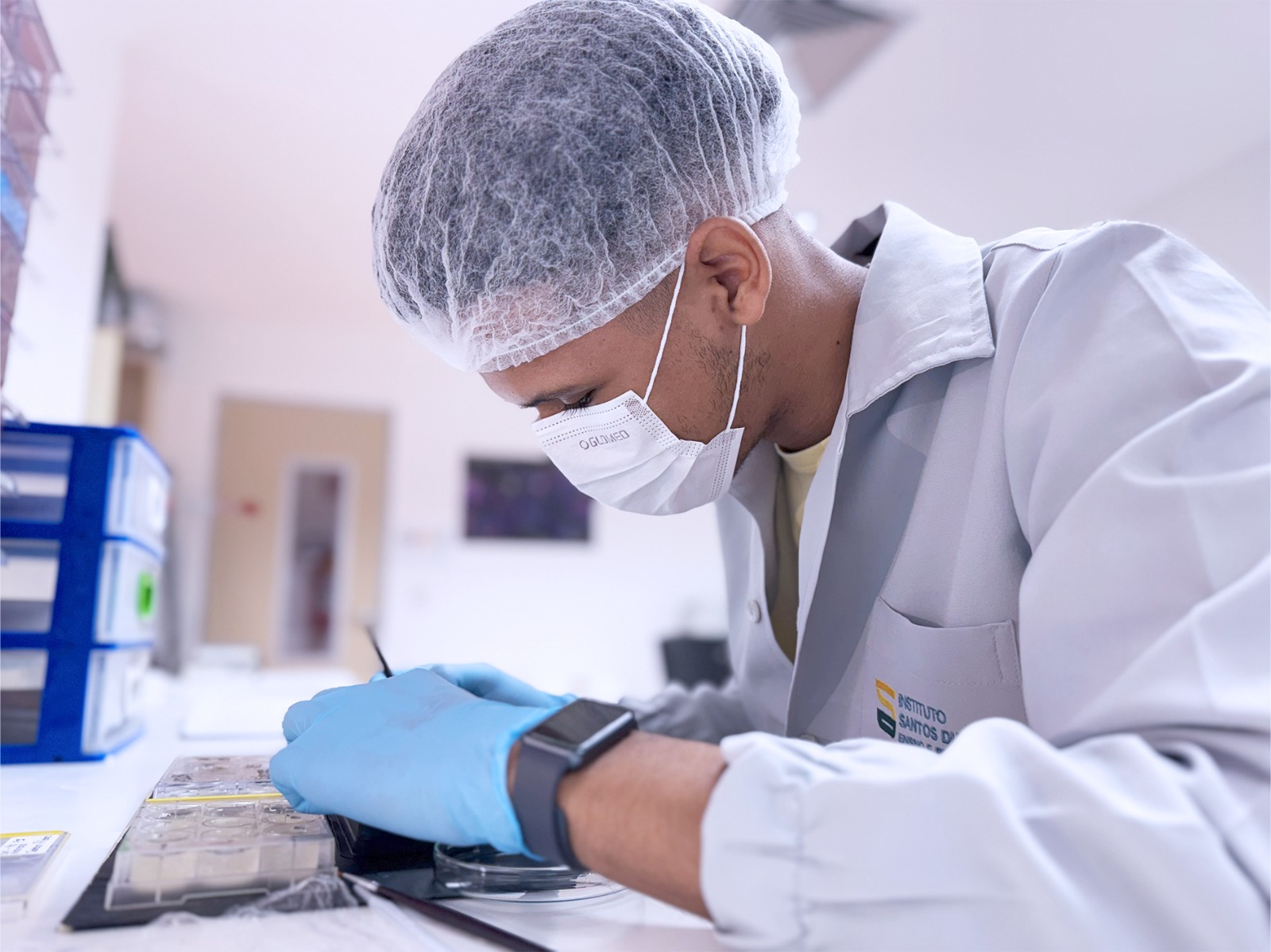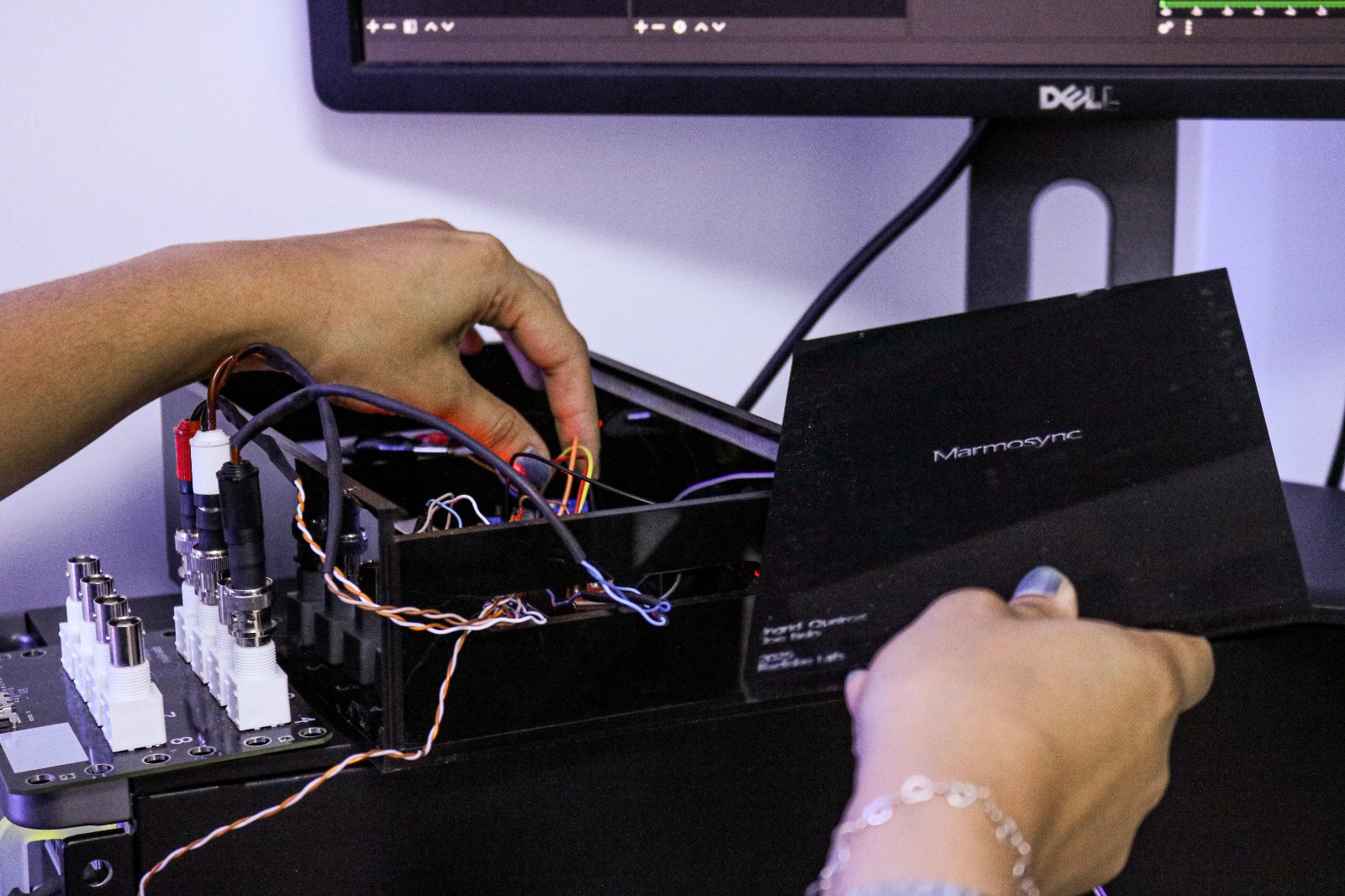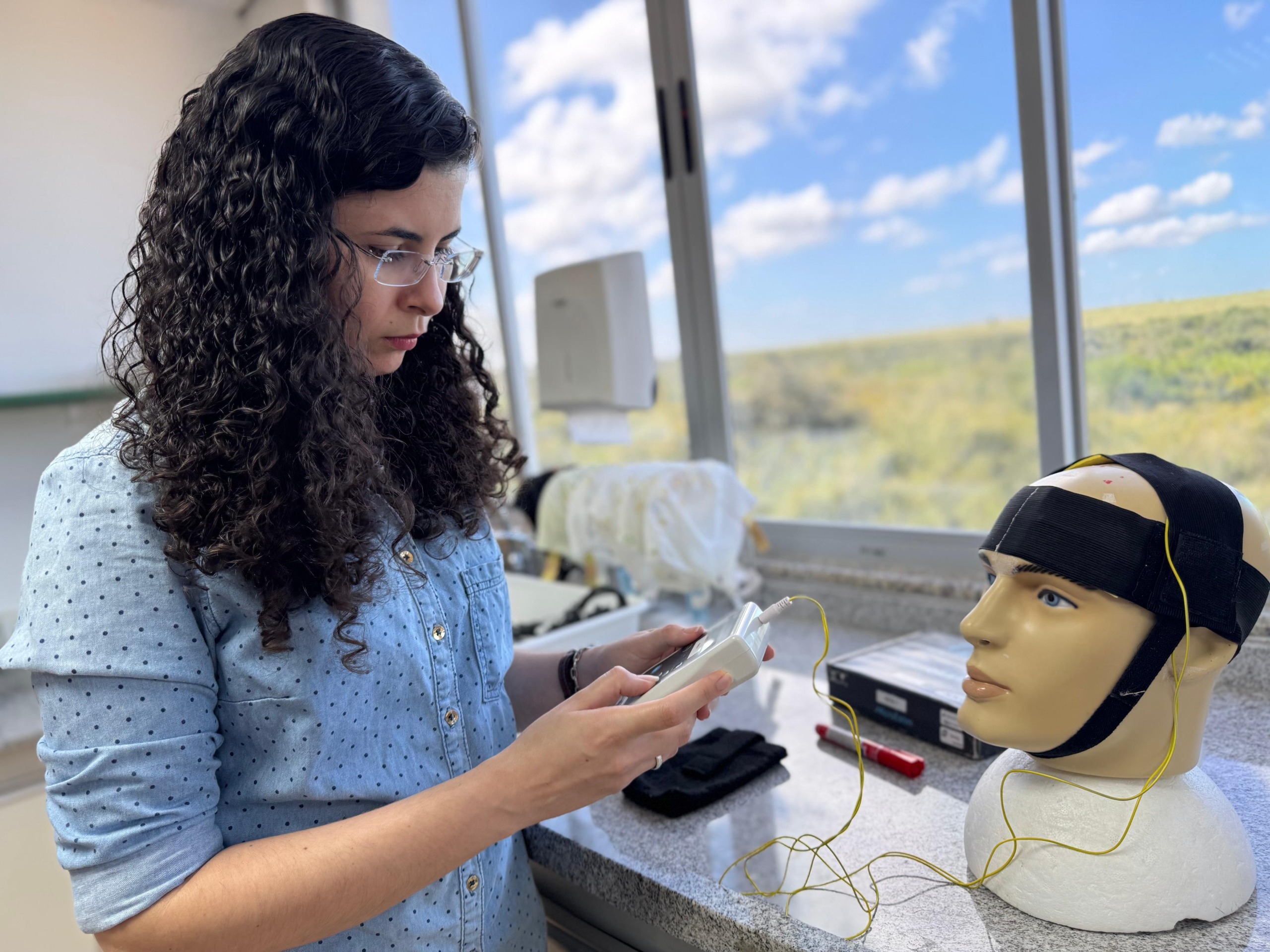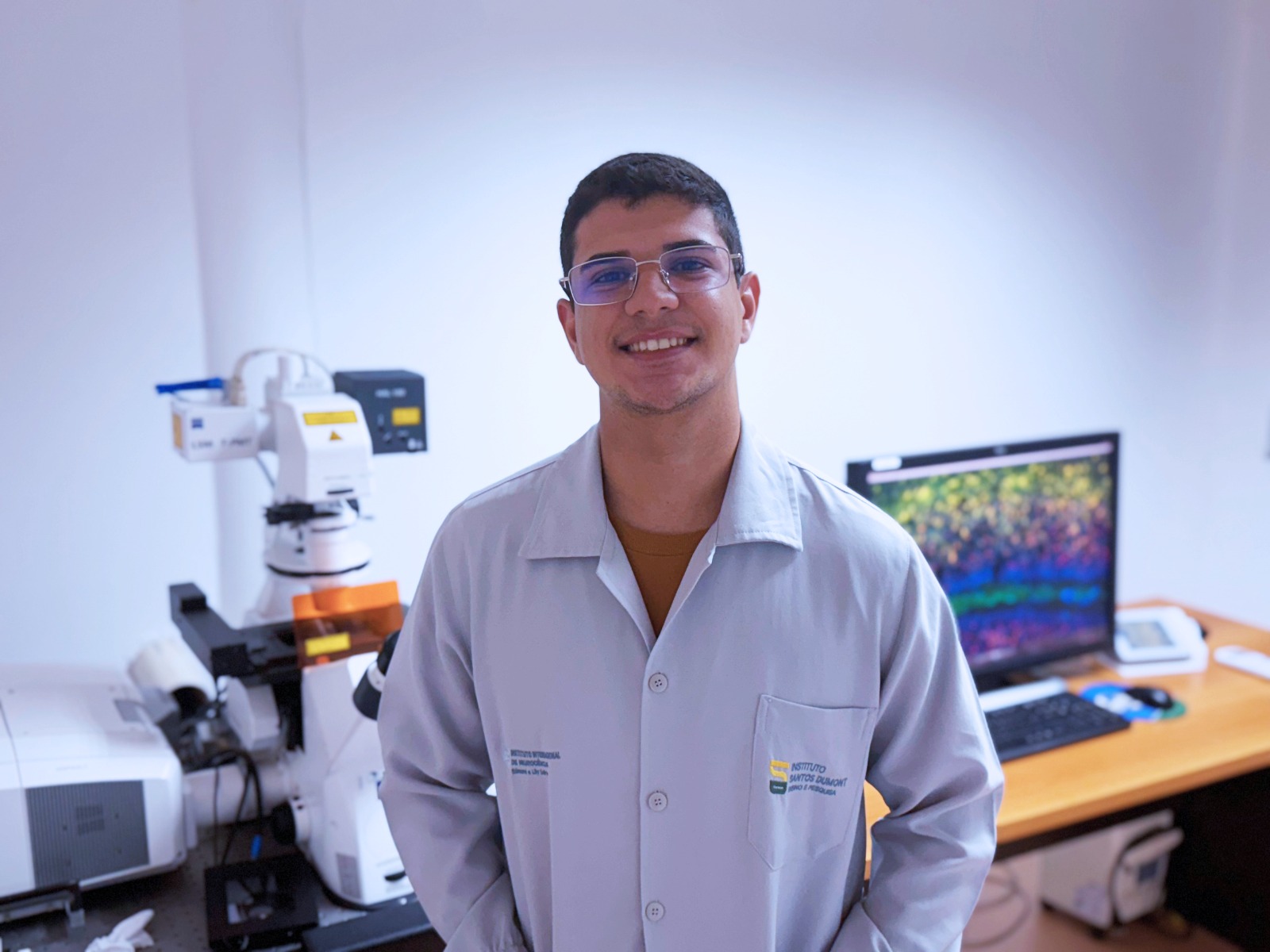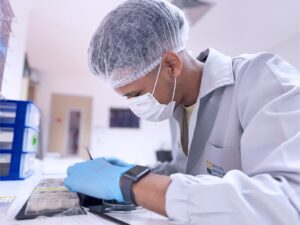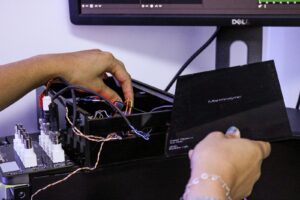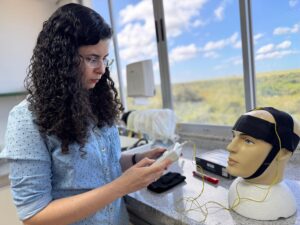The Potiguar Network for the Promotion of Internationalization will hold the Connect RN International Forum on September 28 and 29. The event, which will be held virtually and has free registration, will feature national and international debaters to discuss topics such as sustainable cities, renewable energy, and the research and innovation ecosystem in Rio Grande do Norte. Edgard Morya, manager of the Edmond and Lily Safra International Institute of Neuroscience (IIN-ELS), linked to the Santos Dumont Institute (ISD), will be one of the speakers at the event, on the panel called “Research, Development and Innovation Ecosystem in Rio Grande do Norte”, alongside researchers Per Petersson (Lund University), Sidarta Ribeiro (Brain Institute/UFRN), Michael Sand (Boehringer Ingelheim), and Gregory Riggins (John Hopkins University).
The ISD comprises an area of 15,000 square meters dedicated to research and development in the areas of neuroscience and neuroengineering, from basic research in animal models to those applied to humans. “Until recently, people viewed human-machine or brain-machine interfaces as science fiction, while researchers and companies were developing ways to make this a reality. Today, we are researching interfaces for patient rehabilitation, to improve interaction with education and smart cities. Imagine being able to monitor people’s health and intervene before anything harms the population. We are talking about technologies that make it possible to monitor health, reduce queues in hospitals, and expand access to technologies. Who would have imagined not having to wait in line at the bank 20 years ago to pay a bill?” asks Morya.
The ISD works to provide, in the same space, a research, development and innovation structure that makes it possible to create and test translational research, that is, research that begins with basic science and ends with practical application, in the same location. The idea is that research is developed in conjunction with the demands of companies and society, so that the solutions developed by researchers reach the population more quickly.
“By combining the training of qualified human resources with innovative companies, we can enhance ecosystems of transformation and social impact, not only in Rio Grande do Norte, but for the planet,” the researcher emphasizes. According to him, the growing aging population makes the need for technologies that facilitate daily activities, mobility, and adult learning more evident, and that will directly impact the future of work and education. “The Institute considers the global challenges in health and education and creates means of local action according to the needs of those involved, in addition to training and developing people who can multiply transformative actions,” adds Morya.
Connect RN
Connect RN will be held through three panels. The first will address the “Research, Development and Innovation Ecosystem of Rio Grande do Norte”. The second panel will discuss the theme “Paving the Way for Resilient and Sustainable Cities” and will have, among its guests, the founder and CEO of the Youth Climate Leaders organization, Cassia Moraes, the technical consultants of the United Nations Office for Disaster Risk Reduction, Clément da Cruz and Helena Monteiro, and the consultant of the Resilient Cities Network organization, Luciana Cardoso.
The last panel is called “Creating a Better Future in Light of Renewable Energies”, and will be led by the professor of the Department of Production Engineering at UFRN, Mario González, and will be joined by the CEO of Enerbras Energias Renováveis, Helder Ferreira, and other guests whose participation is yet to be confirmed.
The event promoter, the Potiguar Network for the Promotion of
Internationalization (Internacionaliza RN), is an initiative of the Brazil-Portugal Chamber of Commerce, Industry and Tourism, the Digital Metropolis Technology Park, UFRN, Sebrae, Fiern, the Government of RN, the City of Natal and the Potiguar Network of Incubators and Technology Parks (Repin).
Text: Mariana Ceci / Ascom – ISD
Images: Mariana Ceci / Ascom – ISD
Communication Office
comunicacao@isd.org.br
(84) 99416-1880
Santos Dumont Institute (ISD)
It is a Social Organization linked to the Ministry of Education (MEC) and includes the Edmond and Lily Safra International Institute of Neurosciences and the Anita Garibaldi Health Education and Research Center, both in Macaíba. ISD's mission is to promote education for life, forming citizens through integrated teaching, research and extension actions, in addition to contributing to a fairer and more humane transformation of Brazilian social reality.



